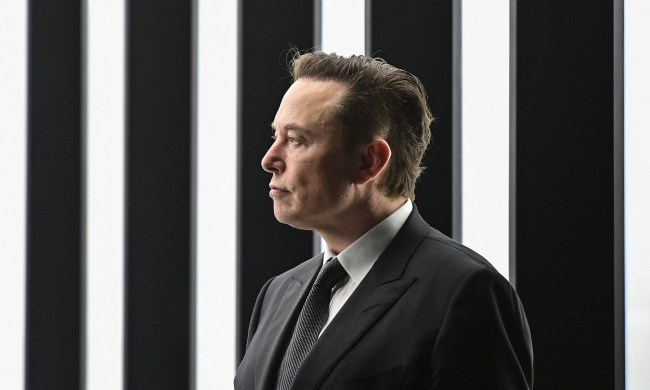Twitter has rolled back the update that gave users the option to switch between the algorithmically-generated Home tab and the Latest tab that allows them to see tweets in chronological order.
When Twitter rolled out the update on iOS on Thursday, with Android and web versions to set to get it “soon,” users complained that they would be forced into the Home tab by default every time they open the app, which made seeing tweets in chronological order extremely difficult. On Monday, Twitter switched the timeline back after significant pushback.
“We heard you –– some of you always want to see latest Tweets first,” Twitter said in a tweet from its support account. “We’ve switched the timeline back and removed the tabbed experience for now while we explore other options.”
We heard you –– some of you always want to see latest Tweets first. We've switched the timeline back and removed the tabbed experience for now while we explore other options. https://t.co/euVcPr9ij6
— Support (@Support) March 14, 2022
The controversy started last November, when Twitter started testing the feature that would allow users to switch between the two feeds. Users criticized the tab-toggling feature immediately after its announcement late last week, with many of them saying they prefer the Latest feed to the Home version, as tweets are often shown out of order in the latter feed. According to The Verge, seeing out-of-sequence tweets is confusing, especially when there are breaking news events such as Russia’s invasion of Ukraine. It’s even more confusing when outdated tweets are labeled the “greatest.”
“The constant forced reversion to the home timeline is Twitter’s worst product decision in ages,” The Verge’s Casey Newton tweeted. “I’m here for the latest tweets, not the greatest tweets!”
Twitter’s new VP of consumer product Jay Sullivan and design director Anita Patwardhan Butler responded to Newton’s tweet, saying they would be working on the problem. “Giving people choice and control over their Twitter experience is super important. I’ll be working on this,” Sullivan said. Butler added, “There’s a bit under the hood that makes this more complex than it seems, but we will address and share options openly.”


